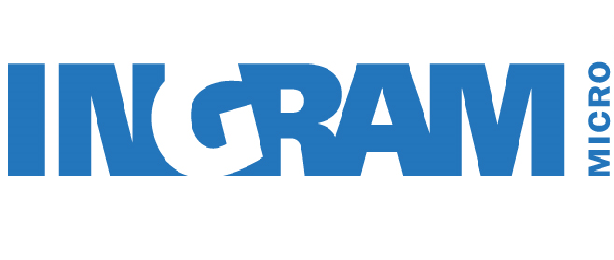The $6 billion deal for Ingram Micro is on hold; for a little while.
The Wall Street Journal reported that the February 18th merger agreement between Ingram Micro and Chinese conglomerate HNA Group is being questioned by the Shanghai Stock Exchange. This has resulted in HNA halting the approval vote. The delay will not be a long one as the next shareholder vote is scheduled for July 29th.
The report said that the Shanghai Stock Exchange would be reviewing Ingram’s financials specifically profit margins decreases starting in 2013.
There are many more questions the Shanghai Stock Exchange is asking Ingram Micro and this blog will have that further down. But CDN has heard from several industry sources that there is a lot of skepticism surrounding this deal since it was announced.
Right from the outset partners talked about the many regulatory hurdles such as the U.S. Committee on Foreign Investment issues. As an example, Ingram with its solution provider partners regularly bid for U.S. government contracts and the U.S. Committee on Foreign Investment based in Washington, D.C. works to review national security concerns on all major foreign investments. This committee oversees areas that could impact U.S. defense, commerce and homeland security.
One source says HNA’s logistics arm is mainly in shipbuilding and that the Chinese regulatory bodies might question the fit.
Another source said Tech Data was at one point very confident this deal would eventually be approved, but that today the sentiment from Clearwater, Florida is that it’s a 50/50 proposition.
Back to the Wall Street Journal piece. In that story HNA subsidiary Tianjin Tianhai is being questioned on:
- How the Ingram deal impacts the company’s credit rating;
- The plan on repaying debts. Supposedly bank loans are funding this deal and if it goes through Ingram would become the largest revenue producer inside the HNA Group; and
- Why Ingram profit levels are lower than rivals.
On top of that Tianjin Tianhai will be asked about a putative class action lawsuit by Jacob Scheiner, an Ingram Micro shareholder. It is Scheiner’s contention that Ingram sold too cheaply. In an SEC (U.S. Security and Exchange Commission) file it was revealed that there was a preliminary merger proxy area where the world’s top IT distributor exposed merger talks with its chief rivals in distribution as early as January of 2015.
Tianjin Tianhai is the company listed on the Shanghai Stock Exchange. They did start out in shipping and then expanded its logistics operation to include supply chain investment and financial services.
As a result of the Wall Street Journal story, Ingram and Tianjin Tianhai released a statement saying Ingram Micro and Tianjin Tianhai elect to submit joint notification to committee on foreign investment in the United States; acquisition of Ingram Micro remains on track to close in second half of 2016.
The companies also said that they are maintaining steady progress in receiving the required competition authority approvals in various jurisdictions, obtaining early termination of the waiting period under the U.S. HSR Act and antitrust authority approval from the Ministry of Commerce People’s Republic of China (MOFCOM), as well as approvals from antitrust authorities in Brazil, Canada, India, Mexico, South Africa and Turkey.
One quick hit before I go. Cybersecurity vendor Cylance hired John McClurg as Vice President in the Office of Security and Trust (OST). He will assist in building Security and Trust programs for the company alongside Malcolm Harkins, who is taking on the title of Cylance’s Chief Security and Trust Officer. McClurg joins Cylance from Dell Global Security, where he was the Vice President and Chief Security Officer for five years.



